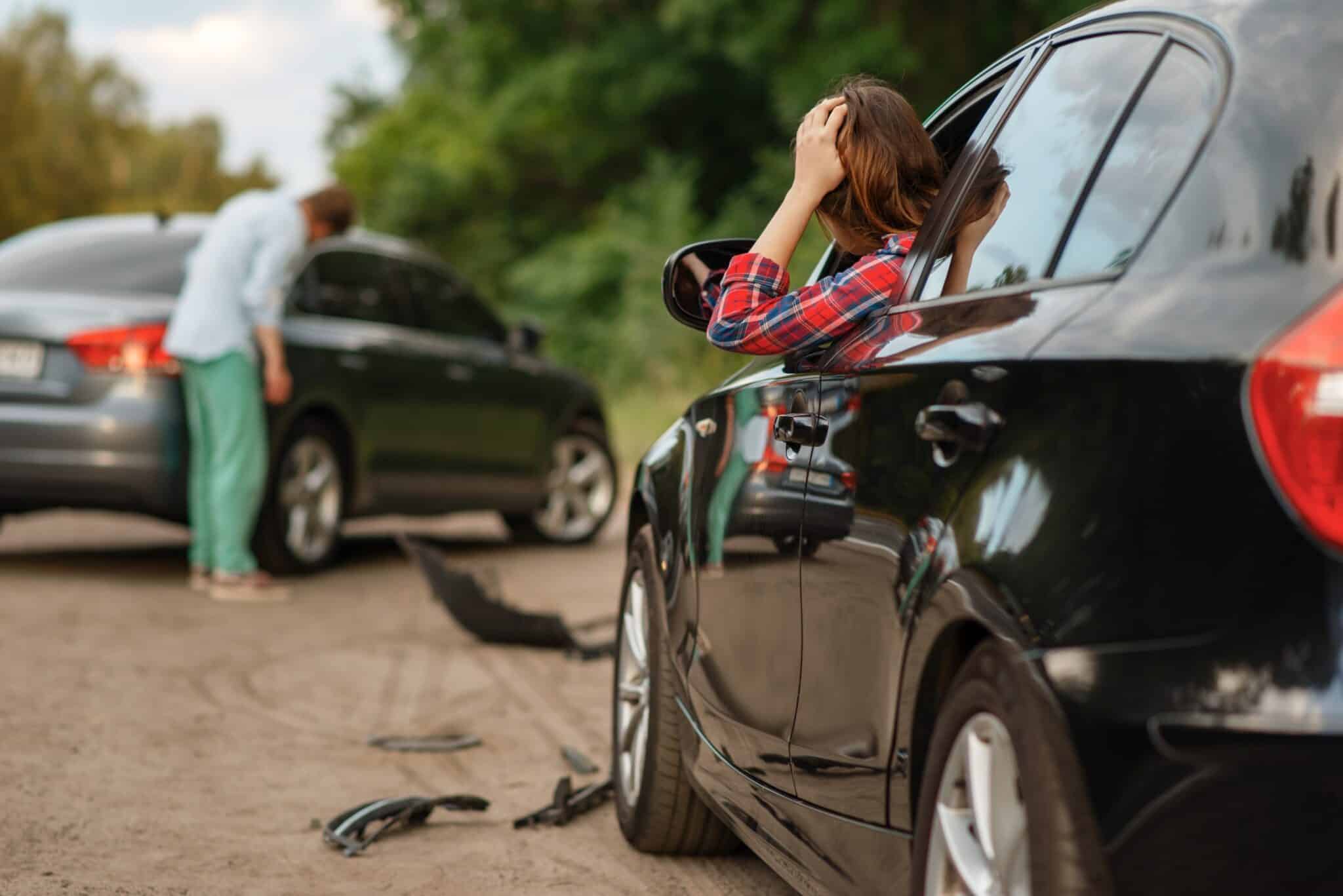Car accidents are an inescapable fact of life. Car accidents so often result in injuries,…
What to Do After a Car Accident That’s Not Your Fault – Guest Post

Any form of auto accident is unpredictable; you cannot predict the loss you may face after one. However, sometimes, it leaves a deep impact on your mind and pocket.
If you’ve just been hit and you’re doubtful what to do next, you’re not alone. Many people find themselves in this exact situation, uncertain how to protect their rights or what steps to take to ensure they’re treated fairly. Here’s a step-by-step guide to help you move forward with clarity and confidence.
1. Check for Injuries and Stay Safe
Stay calm and check yourself and your passengers for injuries. If you find anyone hurt, call 911 immediately. Even if injuries appear minor, don’t try to deal with them on your own. Safety should be your top priority.
If you can move your vehicle and it’s safe to do so, pull over to the side of the road or out of traffic. Turn on your danger lights and stay inside your car if it’s dangerous to step outside.
2. Call the Police
Call the police immediately, even if the accident seems minor. A police report can become a key piece of evidence later, especially when you’re not at fault. Give a transparent and honest version of what happened, but avoid accepting fault or blaming the other driver. Stick to the facts and let the investigation do the rest.
Make sure to ask for a copy of the report or find out how to obtain it once it’s filed.
3. Collect evidence at the Scene
If you’re physically capable and can move, then gather your own evidence of car crash steps at the Scene. This includes:
- Taking clear photos of both vehicles, the damage, and the surrounding area
- Photographing a picture of the other driver’s license plate
- Getting the contact and insurance information from the other driver
- Writing down the time, location, weather conditions, and anything else that seems relevant
If there were witnesses, reasonably ask for their contact information in case you need a statement later.
4. Seek Medical Attention
It’s a good idea to see a doctor as soon as possible, even if you feel “fine.” Certain injuries, such as internal trauma or whiplash, do not immediately manifest symptoms. An insurance claim or legal case may be supported by the ability to link any injuries to the collision through a medical record connected to the incident.
5. Tell your insurance company about the accident.
It doesn’t matter if the accident wasn’t your fault; you should still tell your insurance company right away. They will tell you what they need from you and help you understand your coverage.
Most of the time, if the other driver was at fault, their insurance will pay for your damages. Your provider can help you start the process. Based on your policy, they might also help you with towing or rental car insurance.
6. Think about talking to a car accident lawyer.
Because the accident wasn’t your fault, you shouldn’t have to pay for someone else’s mistake. A auto accident lawyer north charleston with extensive experience can help you:
- Know what rights you have.
- Take care of the insurance companies.
- Make sure you get enough money to cover your medical bills, lost wages, and pain and suffering.
You don’t have to pay a car accident lawyer anything unless they win your case. Many of them offer free consultations. Talking to someone is a good idea, especially if you’re feeling stressed or don’t know what to do next.
Conclusion
If you’re in a car accident that wasn’t your fault, you don’t have to deal with it alone. If you stay calm, do what you need to do, and know when to ask for help, you can protect your rights and move on with peace of mind.
If you don’t know what to do next or if the insurance company is giving you the runaround, you should talk to a trusted lawyer right away. You deserve help, clarity, and a fair result.
